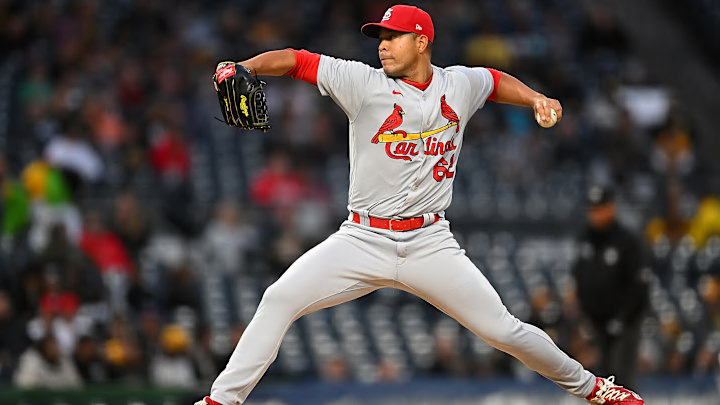The New York Mets have had an impressive offseason. Despite numerous holes to fill, general manager Billy Eppler has been proactive and aggressive in addressing the team’s needs this offseason.
To rundown the list of impactful moves Eppler has made, he replaced Jacob deGrom with Justin Verlander and Chris Bassitt with Kodai Senga, added catcher Omar Narvaez, and re-signed Brandon Nimmo. All of these moves leave the team in a better position than where they were last season when they won 101 games.
However, Eppler’s most consequential move might be how he addressed Taijuan Walker’s departure to the Phillies. Although it is never great when a division rival poaches one of the Mets free agents, it was a great decision to not match the Phillies offer for Walker. The four-year deal worth $72 million that Walker signed represents not only a massive overpay for a pitcher who is at best a fourth starter in a championship rotation, but it also signifies just how crazy the starting pitching market has been this offseason.
The Mets signing of Jose Quintana was a steal compared to the other starting pitching deals signed this offseason.
Teams have been throwing money around like crazy this offseason, overpaying okay pitchers and rewarding mediocrity with highly inflated contracts. The Mets, however, have refused to do that, and they have been able to sign pitchers to contracts that are reasonable by comparison.
Enter Jose Quintana, Walker’s replacement. The Mets opted to offer Quintana a two-year, $26 million deal, which could be a high value contract if he performs close to his 2021 numbers.
Consider Walker and Quintana’s side-by-side comparison last year: Quintana pitched more innings (165 ⅔) than Walker (157 ⅓), posted a better ERA (2.93 to 3.49), and allowed less home runs (8 to 15).
Although it is true that Quintana is several years older than Walker, the Mets are only on the hook for two years at a reasonable $13 million a year. Even if Quintana pitches closer to his career average ERA of 3.75, it is still better than Walker’s career average (3.89). The point of mentioning this is to show that Quintana and Walker are not that far apart performance level-wise, yet Walker is receiving significantly more money.
Quintana may not be the Mets most high-profile signing, but in the short term, he projects as a small upgrade over Walker for a fraction of the cost. He aligns well with the Mets postseason window, and he offers a durable left-handed arm in a starting rotation fronted by two hard-throwing right-handed aces in Max Scherzer and Verlander.
